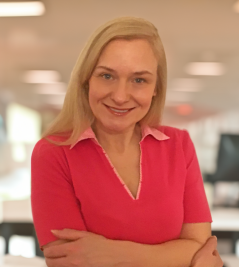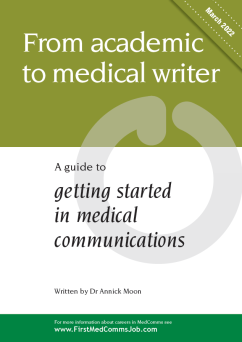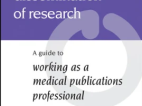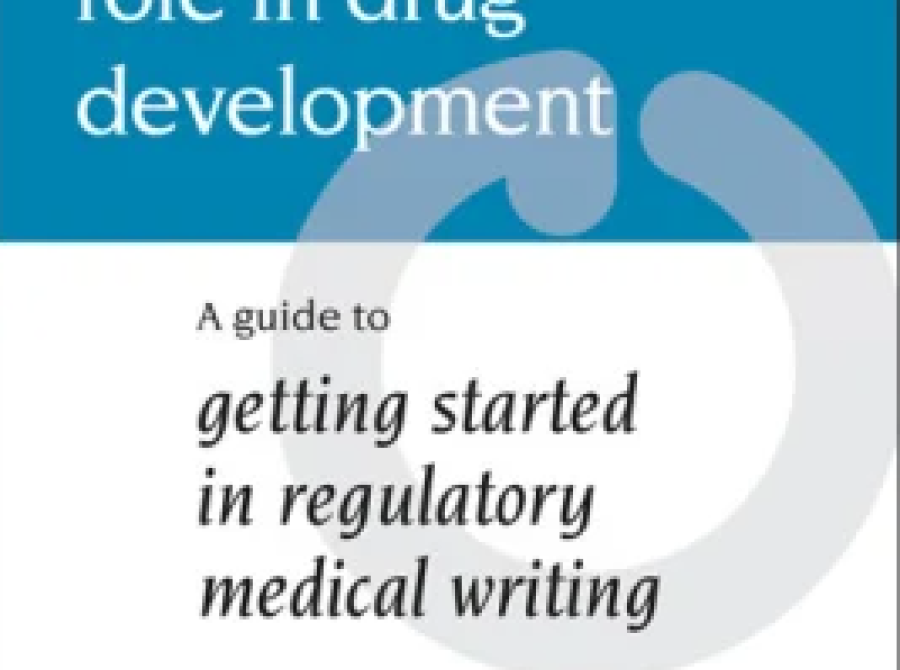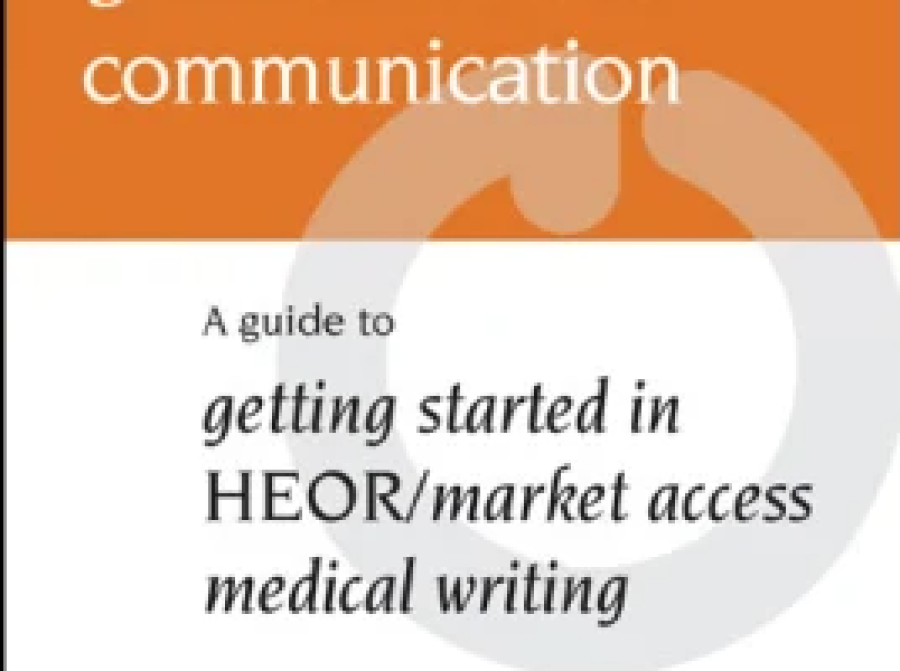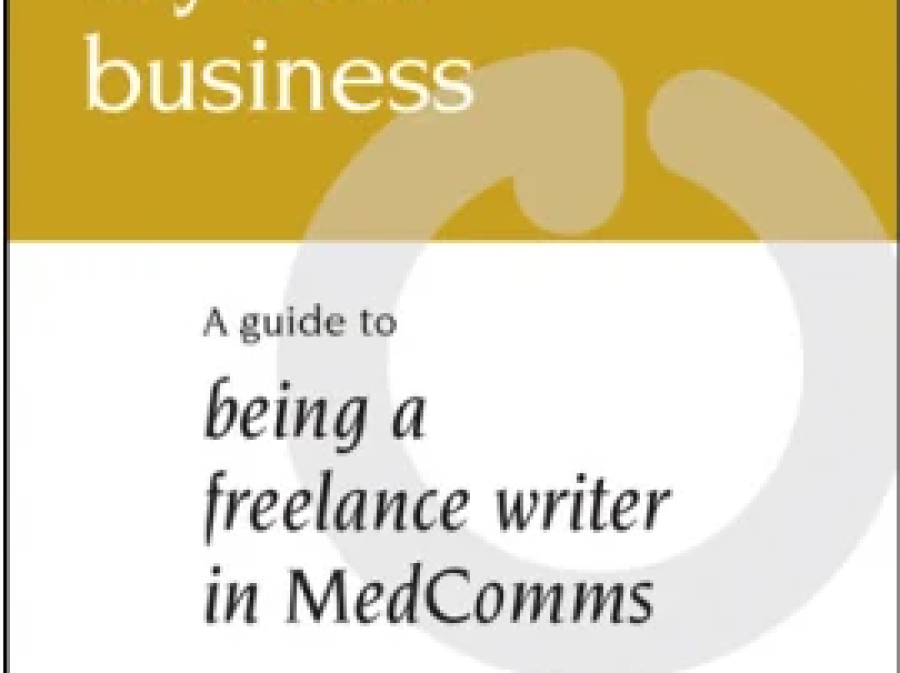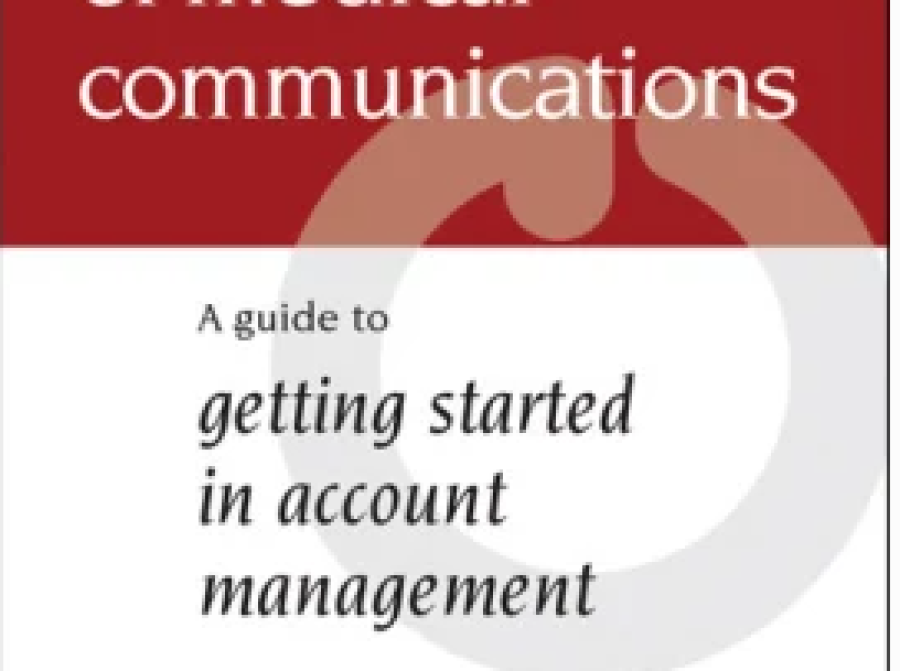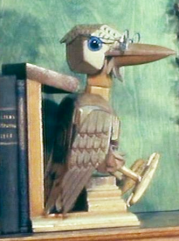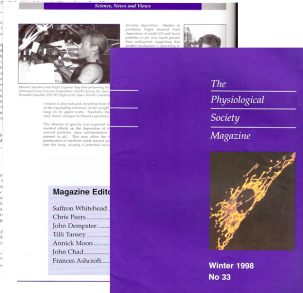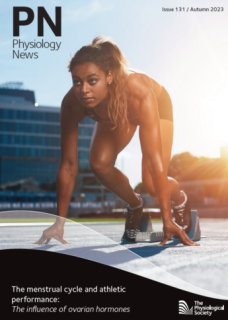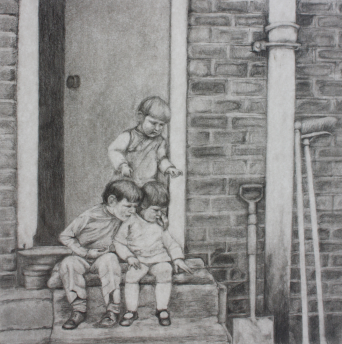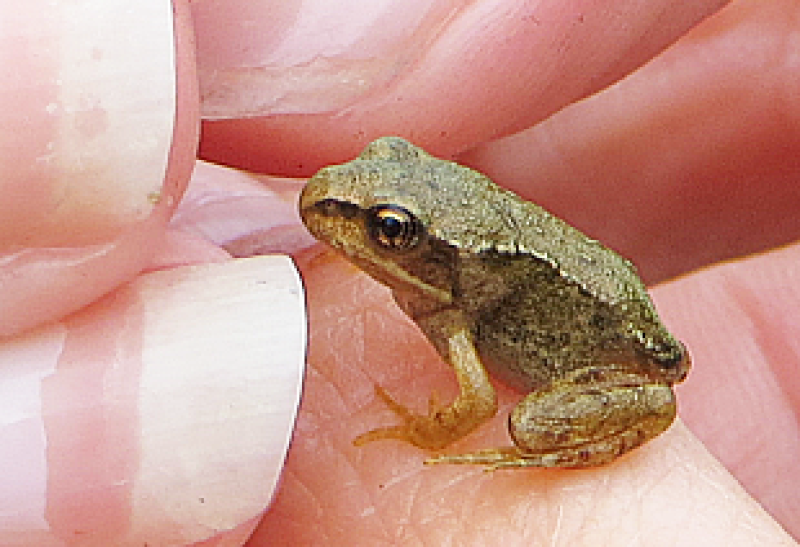
About
Do you have recurrent nightmares about sitting A-level physics? So, I'm on my way to the exams hall and I'm telling myself that it doesn't matter because I have a degree in physiology, and some years later, because I have a PhD. Now I have a medical writing consultancy and a Golf in the teachers’ carpark, yet I must sit the exam, and I can't find my calculator.
Work
I'm MedComms agency trained. I started as an Editorial Project Manager at Parthenon Medical Communications, Lancaster, UK (2001–2002), then worked as a Medical Writer at Adis International, Oxford, UK (Jan–Nov 2002), and then as a Senior Medical Writer at TMG/Caudex, Oxford, UK (2003–2006).
I set-up my freelance business in 2006 on a lap-top on the kitchen table. I bought an all-in-one printer/scanner/photocopier/fax that promised so much, yet soon ceased all useful function. I also went on a half-day tax course, which is time that I will never get back.
Nowadays, I've got an office and an accountant. I still find printers problematic and think about making a pile of my defunct machines and smashing them to smithereens with an axe (not a psycho, honest).
Careers
From academic to medical writer: a guide to getting started in medical communications, is a careers guide for entry level writers that was commissioned by Peter Llewellyn, NetworkPharma, for FirstMedCommsJob.com
Over the past 15 years, the careers guide has been viewed zillions of times and has inspired loads of writers – or put them off.
‘Having read your guide, I now know that I’d rather put pins in my eyes than work in MedComms, thanks.’
Other industry experts have added guides to the series providing great advice about careers in medical writing and account management.
Training
In 2010, I co-developed the syllabus for a PGCert in medical communications at the University of Worcester. I lectured to a class of aspiring medical writers, as well as pharmacists, dentists, and medics aiming to improve their writing skills. I've also provided bespoke training courses for MedComms agencies on writing basics, positioning and messaging, and publication writing.
Academic background
The Physiological Society Magazine
Commissioning Editor (1996–2000)
When I was a PhD student I applied for a position on the editorial committee of the Phys Soc magazine and got it! Printed magazines were provided to members and affiliates of the society and were also sent to science editors in the press. It had a wide circulation for a magazine put together by seven volunteers.
Physiology News, as the magazine is now known, is available to download for free and includes articles by physiologists working in academia, as well as news about the activities of the Physiological Society.
I’m glad to report that physiology is still more interesting than the other biological sciences such as biochemistry, pharmacology, and genetics.
Live the dream
Home gym
I trained with an athletics club in my teens, and after I quit, my interest in how fast, how far, and how does it work, continued with studies in physiology. I also kept running, then jogging, then hauling my carcass round the park, until I got a gym in the garden. Well, I say gym, it’s a shed with a treadmill in it – freezing in winter, boiling in summer, massive spiders. Perfect.
Pencils
I like to draw pictures with pencils.
Pond!
Moon Medical Communications Ltd
Registered office: Seacourt Tower, West Way, Oxford, Oxfordshire, OX2 0FB
Registered no.: 7363475 (England & Wales)
